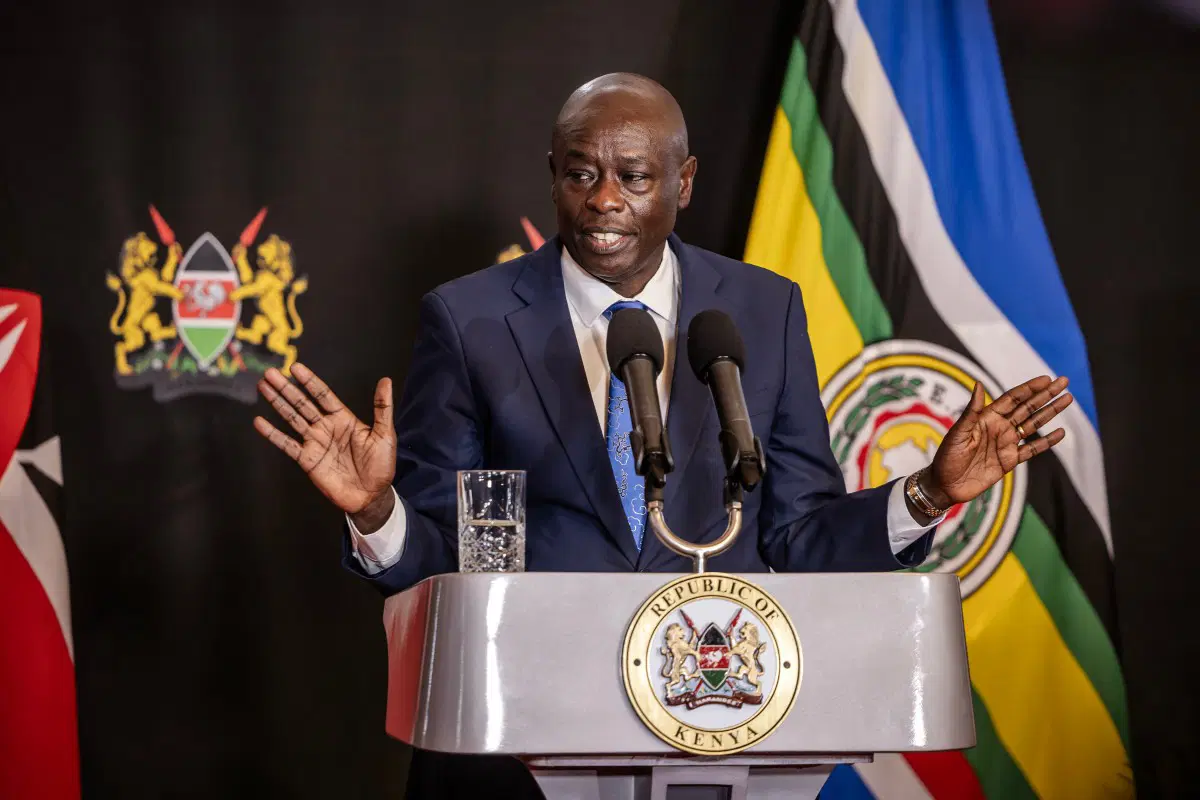Kenya’s parliament is poised to vote on Tuesday regarding the impeachment of Deputy President Rigathi Gachagua, a move that highlights deepening political rifts within the ruling party. Lawmakers have leveled serious accusations against Gachagua, including corruption, undermining the government, and engaging in ethnically divisive politics.
In a press conference held on Monday, Gachagua dismissed the allegations as “outrageous” and “sheer propaganda,” asserting that the impeachment motion is part of a concerted effort to oust him from office. The deputy president, a prominent businessman from the Kikuyu tribe, previously navigated through various corruption scandals to secure his position alongside President William Ruto in the closely contested elections of August 2022.
Recently, tensions have escalated, with Gachagua expressing feelings of being sidelined by Ruto and facing accusations of supporting youth-led anti-government protests that erupted in June over unpopular tax hikes. These protests have exposed fractures in the administration, with Gachagua acknowledging that the impeachment motion cannot move forward without Ruto’s consent.
Last month, several Members of Parliament (MPs) allied with Gachagua were summoned by police for questioning regarding allegations of funding the protests. However, no formal charges have been filed against Gachagua, nor has any judicial inquiry been initiated.
Lawmakers have outlined 11 grounds for Gachagua’s impeachment, notably accusing him of accumulating assets worth 5.2 billion shillings (approximately $40 million) since the last election, despite drawing an annual salary of just $93,000. Among the assets in question is the iconic Treetops Hotel, a site of historical significance where Britain’s then-Princess Elizabeth was staying when she ascended to the throne.
As the parliamentary vote approaches, the outcome may have significant implications for Kenya’s political landscape, potentially reshaping the dynamics within the ruling coalition.

